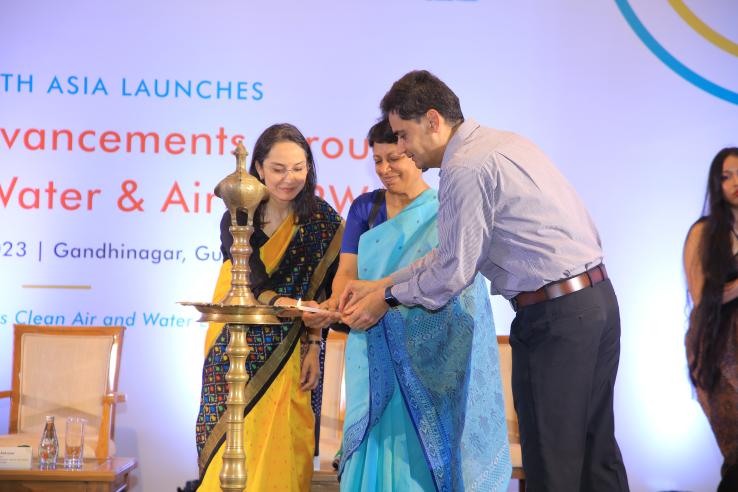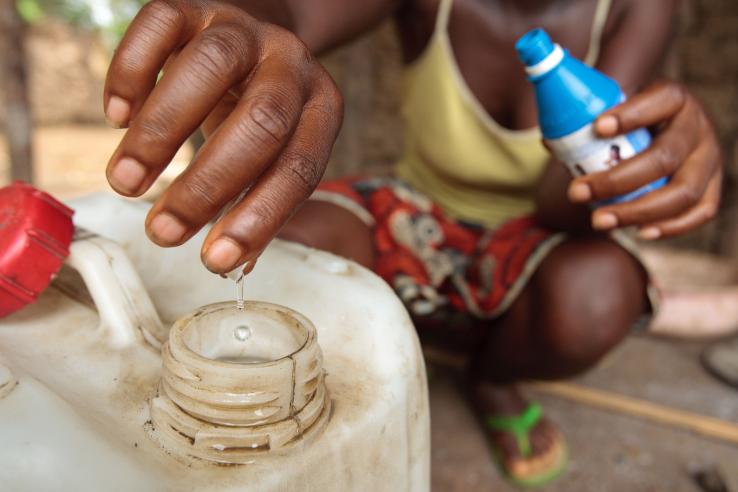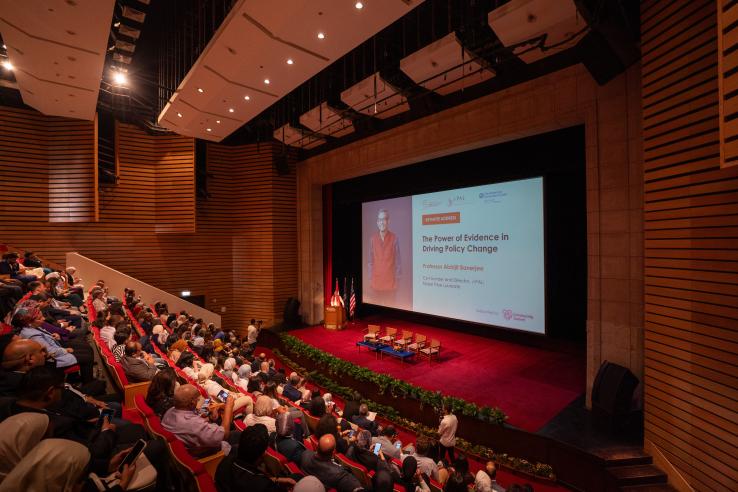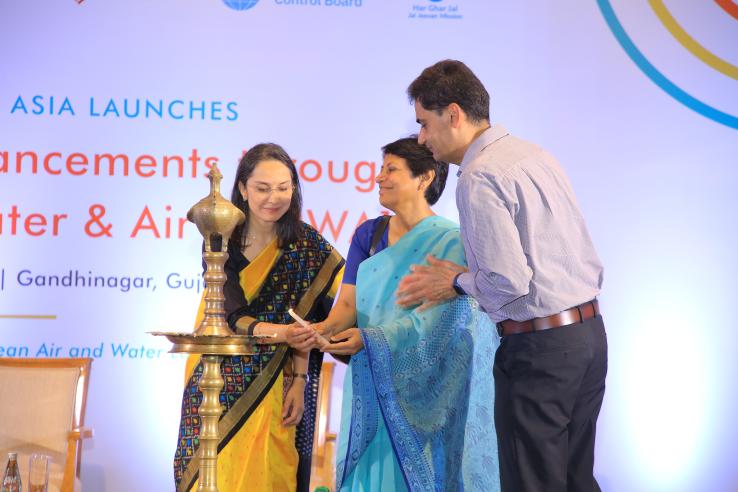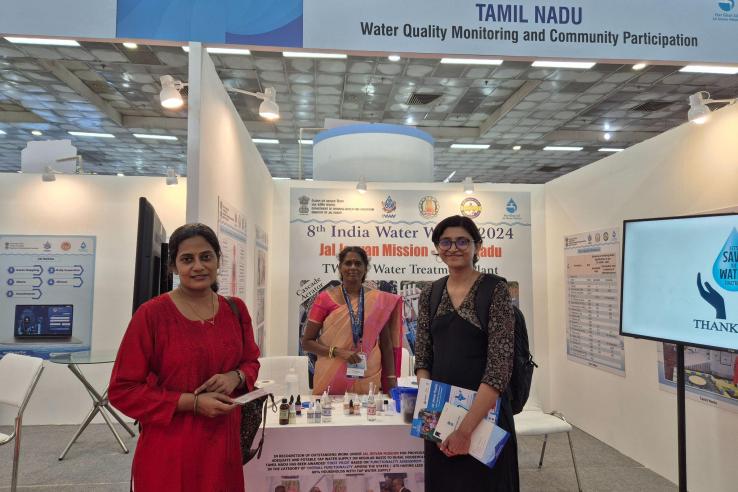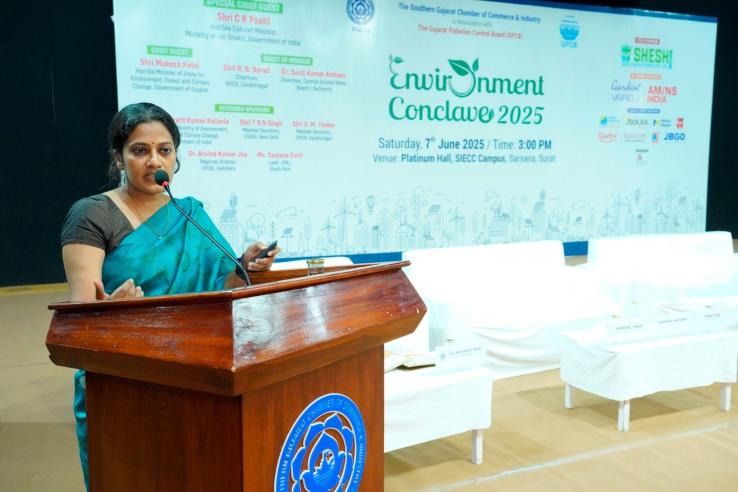Displaying 7111 - 7125 of 8329
Event
J-PAL South Asia launched the SARWA initiative in Gandhinagar to design and scale solutions for air and water pollution, in partnership with government and supported by Community Jameel.
Blog
J-PAL Africa has launched a new policy portfolio, Scaling Access to Safe Water in Africa (SASWA), designed to support governments in integrating and scaling water treatment programs.
Update
J-PAL Updates
In the July edition of our newsletter, we celebrate five years of J-PAL Middle East and North Africa and their work to embed rigorous evaluation and learning in policy systems across the region, highlight how the private sector and funders can catalyze change, and share takeaways from an event...
Event
J-PAL South Asia launched SARWA, a new initiative to support governments in designing, evaluating, and scaling evidence-based solutions for clean air and water, in partnership with Community Jameel and key public agencies in India.
Event
J-PAL South Asia participated in the Vibrant Gujarat Summit 2024 to sign a Memorandum of Understanding under the SARWA initiative, in the presence of state government leadership. The booth showcased innovative research including the Emissions Trading Scheme (ETS), engaging over 70 attendees.
Event
J-PAL South Asia participated in the 8th India Water Week to engage with policymakers and partners on collaborative approaches to strengthen water resource management through the SARWA initiative.
Event
At the 18th EEAP webinar, J-PAL South Asia’s SARWA initiative presented research findings on how behavioral insights and smart technologies can drive more effective energy efficiency strategies across the Asia Pacific.
Event
At the Environment Conclave 2025, J-PAL South Asia shared insights from 15+ years of work in Gujarat on environmental regulation and introduced SARWA’s efforts to support evidence-based approaches to air and water quality.
